
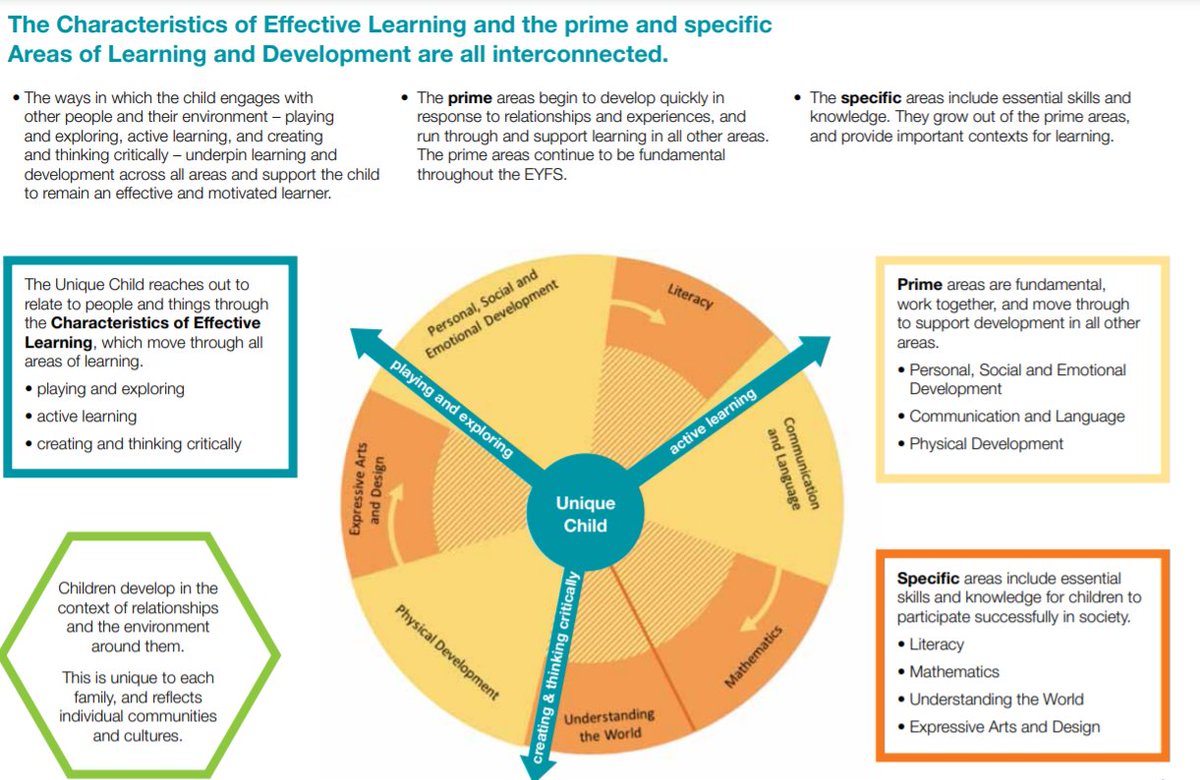



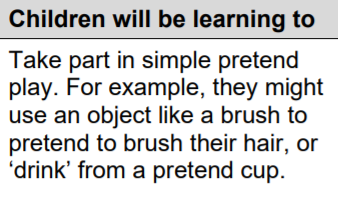


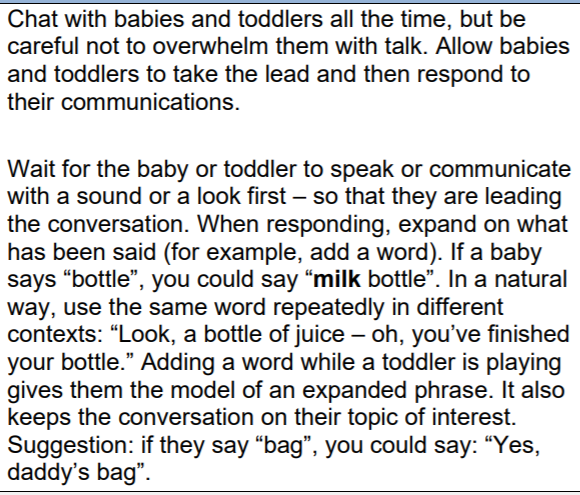
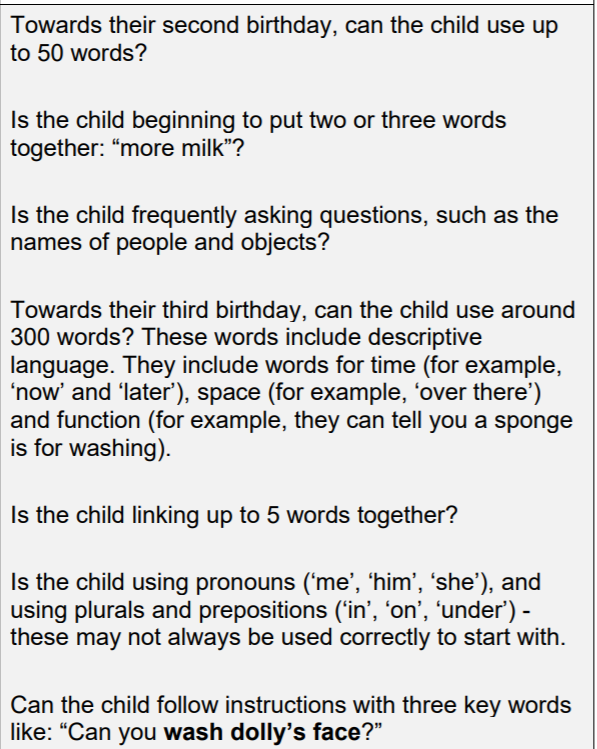
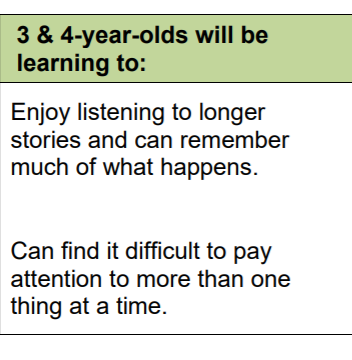


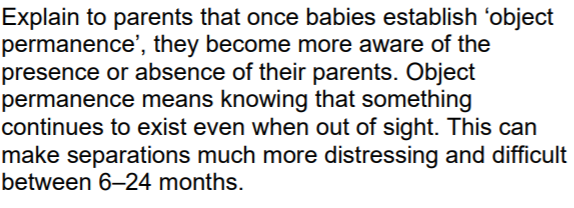
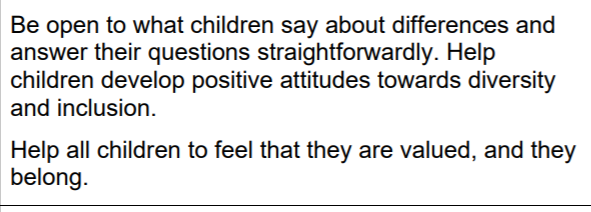
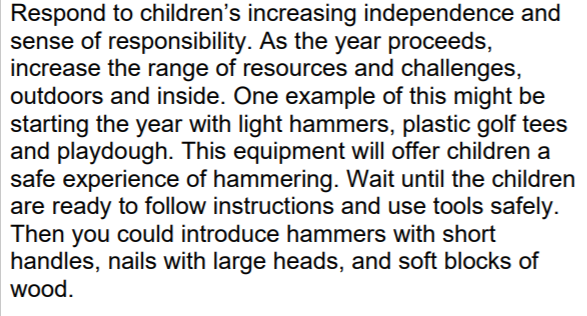
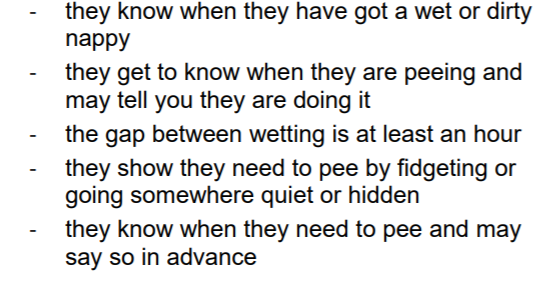
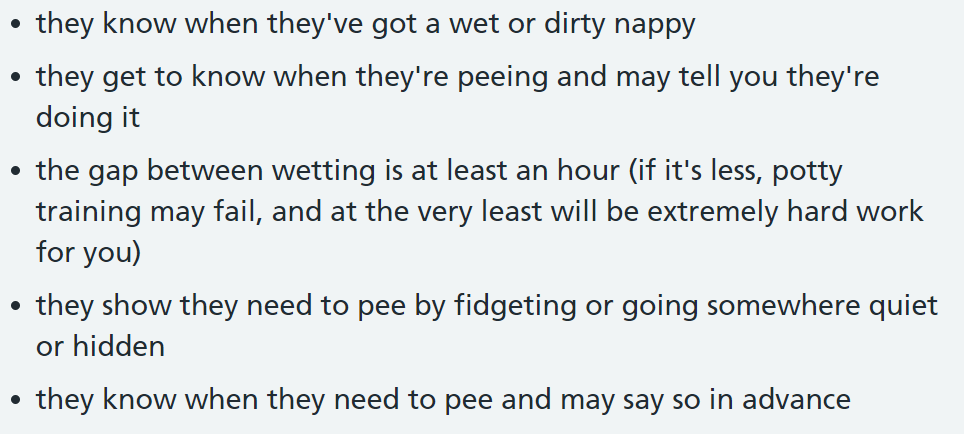
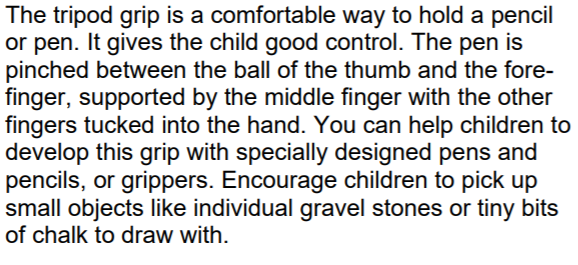
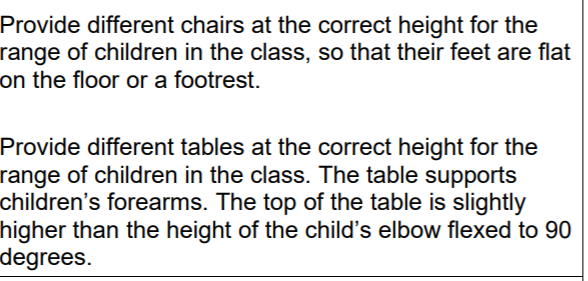

- It doesn't work turning developmental patterns into 'to learn' statements.
- Someone needed to proof this because it's full of grammatical errors.
- The age bands are way too wide - it doesn't make sense to have babies and 3 year olds together.
- You can see how it links to narratives currently holding sway in the DfE - cultural capital, 'acquiring' vocabulary, knowledge rich, adult directed, no transferable skills.
- They appear to have mislaid the play that is such a central feature of the #EYFS.
- We won't be using this - staff would find it confusing - luckily it's non statutory.
- It highlights the issue of downwards pressure into EYFS.
- Great to see the @earlyed_uk coalition working to create an alternative version.
#DevelopmentMatters /Ends


